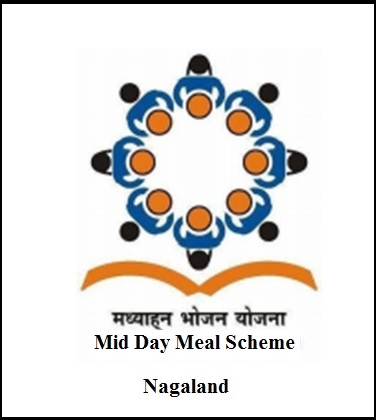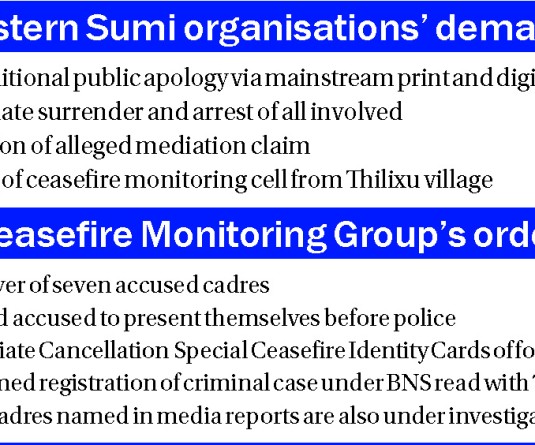Nagaland: NPRAAF alleges anomalies in MDM Scheme implementation

Says Nagaland receiving grains in excess to needs, but meals not reaching students
Dimapur, February 16 (MExN): The Nagaland Public Rights Awareness and Action Forum (NPRAAF) on Sunday issued a press statement alleging anomalies in the implementation of the Mid Day Meal (MDM) Scheme in the state.
The forum claimed that despite receiving food grains in excess to the actual requirement, the department in concern is not implementing the scheme in accordance to the guidelines.
NPRAAF meanwhile claimed that the Government of Nagaland receives about 914.35 metric tons of food grains quarterly against a total enrolment of 1,06,298 students in government primary schools.
In the press release, the NPRAAF claimed to have met a “non local contractor” to inquire why the food grains could not reach the targeted beneficiaries. “It was not easy to meet the goal in view of tax from various organization which is in addition to the percentage given to the politicians and officers from the profit calculated through sale of the food grains in the open market after re-polishing and repacking,” the unnamed contractor is said to have replied.
Raising concern over this “illegal business,” the forum pointed out that while the role of the carriage contractors should be limited to transportation of food grains, “in Nagaland the carriage contractors become the owner of the food grains which are allocated to them.” Over and above, the carriage contractors also get transportation bill, which is illegal, it added.
It alleged that the carriage contractors pay Rs 2 for wheat and Rs 3 for rice per kg to the FCI on behalf of the state government and lift the food grain from the FCI storehouse. Few quantities of food grains are dispatched to various destinations to whitewash the implementation of the scheme in some schools, it claimed.
Stating that the practice is illegal and is a punishable offence under the law, the NPRAAF cautioned that any government servant working in complicity with the contractor(s) is also liable under the Prevention of Corruption Act 1988, which is punishable with fine and prison term.
Rule 3 of the Mid-Day Meal rules, states that, every child within the age group of 6-14 years studying in class 1 to 7 who enroll and attend the school, shall be provided meals having nutritional standards as specified in scheduled II of the Act, free of charge every day except on school holidays, it said.
The NPRAAF added that if the mid-day meal is not provided on any school day for any reason, the state government should pay the children a food security allowance as defined in clause (c) of rule 2 of the National Food Security Act, 2013, by the 15th of the succeeding month.
There is blatant violation of the rule, yet, no action has been taken against any concerned for reasons best known to the government, it stated.
Further, the NPRAAF appealed the state government to look into the matter and rectify the “illegal practice” in the department in the greater interest of the students and cautioned that legal action will be taken if the government remains oblivious to the call.





